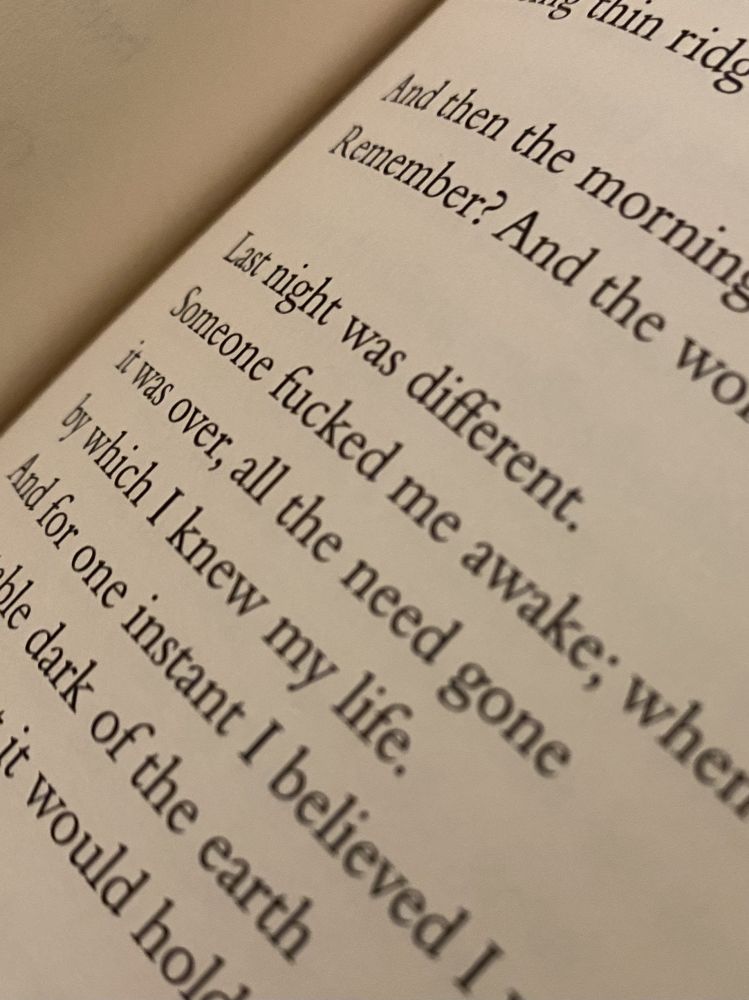2016 (27)
2017 (35)
2018 (31)
2024 (1)


写诗的人,能得诺贝尔文学奖桂冠的很少。在这个特别坚难困苦的一年里,露易丝葛鲁特(Louise Glück)是今年文学奖的新桂冠得主。在送旧迎新的年尾,选一首其代表诗作,欣赏一下作者是如何用诗来描述坚强与美好的。
诺奖委员会说她的诗有一种简朴的美。所选的这首诗,描写了一株自然生长的蓝色鸢尾花,冬去春来破土而出的过程。她在二十几岁就印发了第一本诗集,共出版了十余本诗集。在五十多年的诗歌写作中,她囊括了英语诗歌的各种奖项,另外有总统奖章,诺贝尔奖只是最近期的一个。 额外提一下,在一篇诗歌中,作者居然有用有F开头的四个字母的单词。
”野鸢尾 -
历尽艰苦之时
有一扇门为我打开
你听到我了吗
从死亡记忆中脱出
头顶上有松枝抖动响声
沉静中阳光微弱地
把干硬的土地灸热
埋藏在黑土下
蛰伏中痛苦
顶开一个小孔
破土而出的一刻
像鸟儿从矮树丛里惊起
不再有灵魂的恐惧
终于可诉说
假如你不曾记得
从一个到另一个世界的穿过
那我就现在告诉你
每一种从长眠中的复活
一定会彰显有声:
从我生命的深处
有一股不息的泉源
天蓝色海水流淌
深蓝色的影子悠长”
”The Wild Iris
At the end of my suffering
there was a door.
Hear me out: that which you call death
I remember.
Overhead, noises, branches of the pine shifting.
Then nothing. The weak sun
flickered over the dry surface.
It is terrible to survive
as consciousness
buried in the dark earth.
Then it was over: that which you fear, being
a soul and unable
to speak, ending abruptly, the stiff earth
bending a little. And what I took to be
birds darting in low shrubs.
You who do not remember
passage from the other world
I tell you I could speak again: whatever
returns from oblivion returns
to find a voice:
from the center of my life came
a great fountain, deep blue
shadows on azure seawater.”




